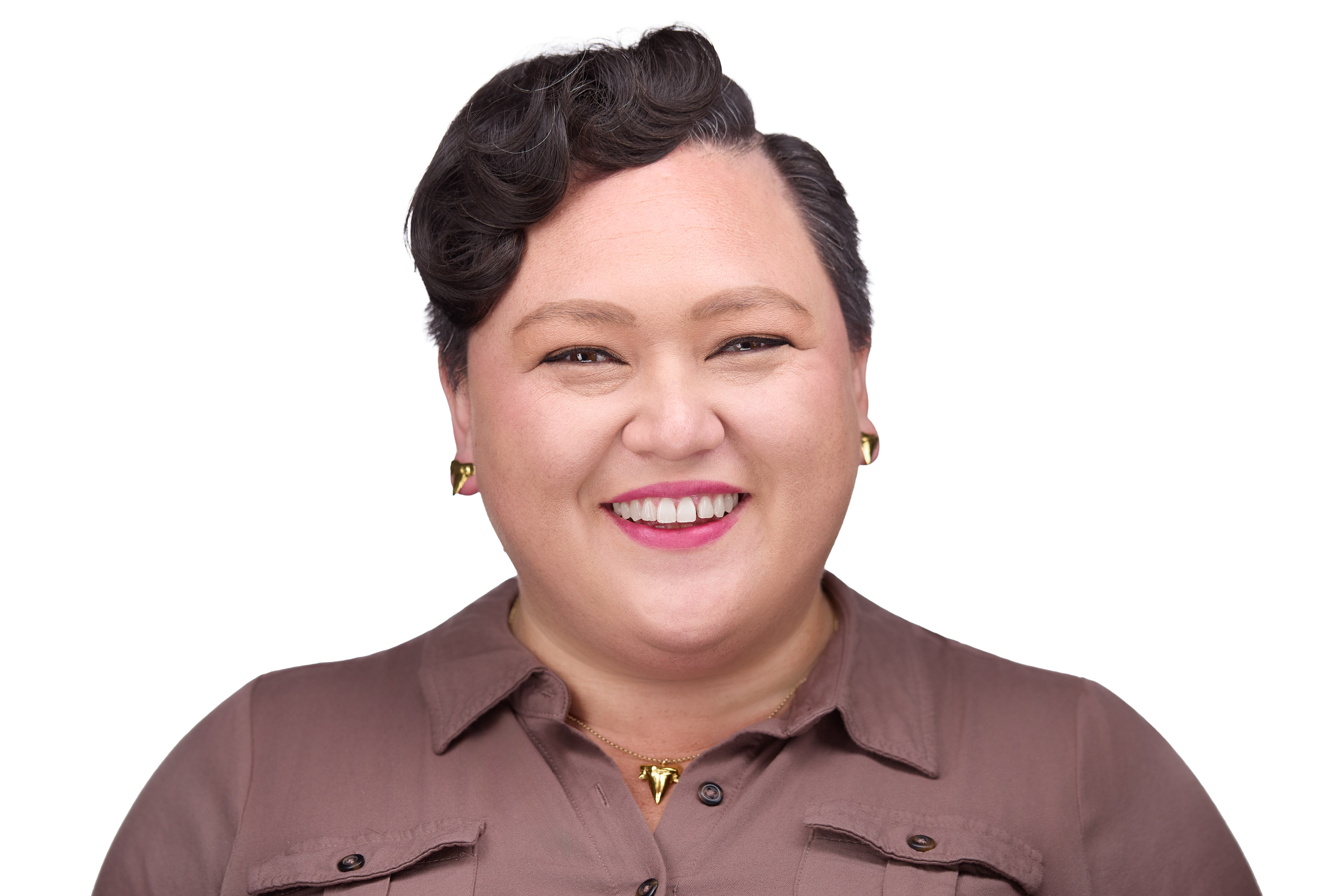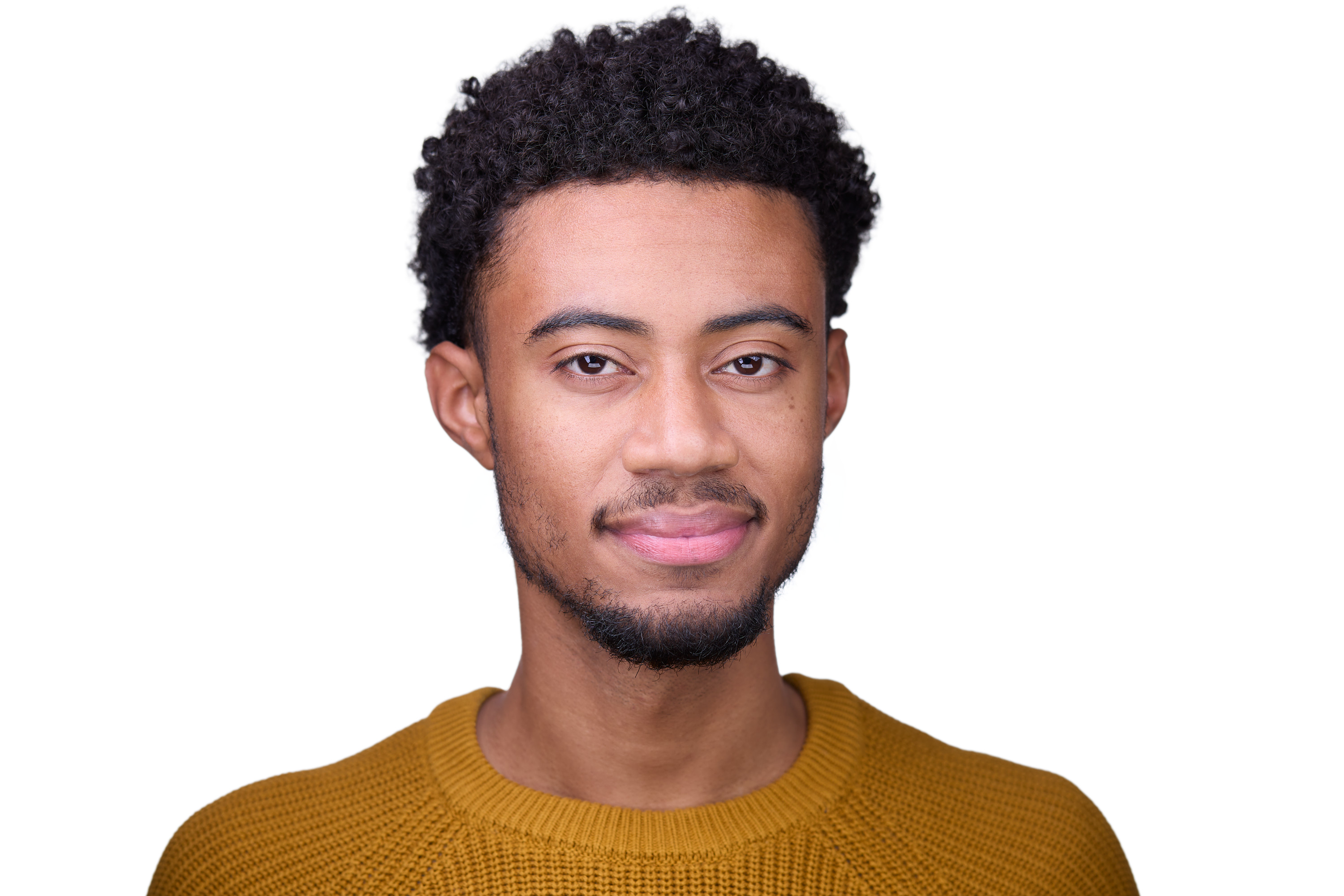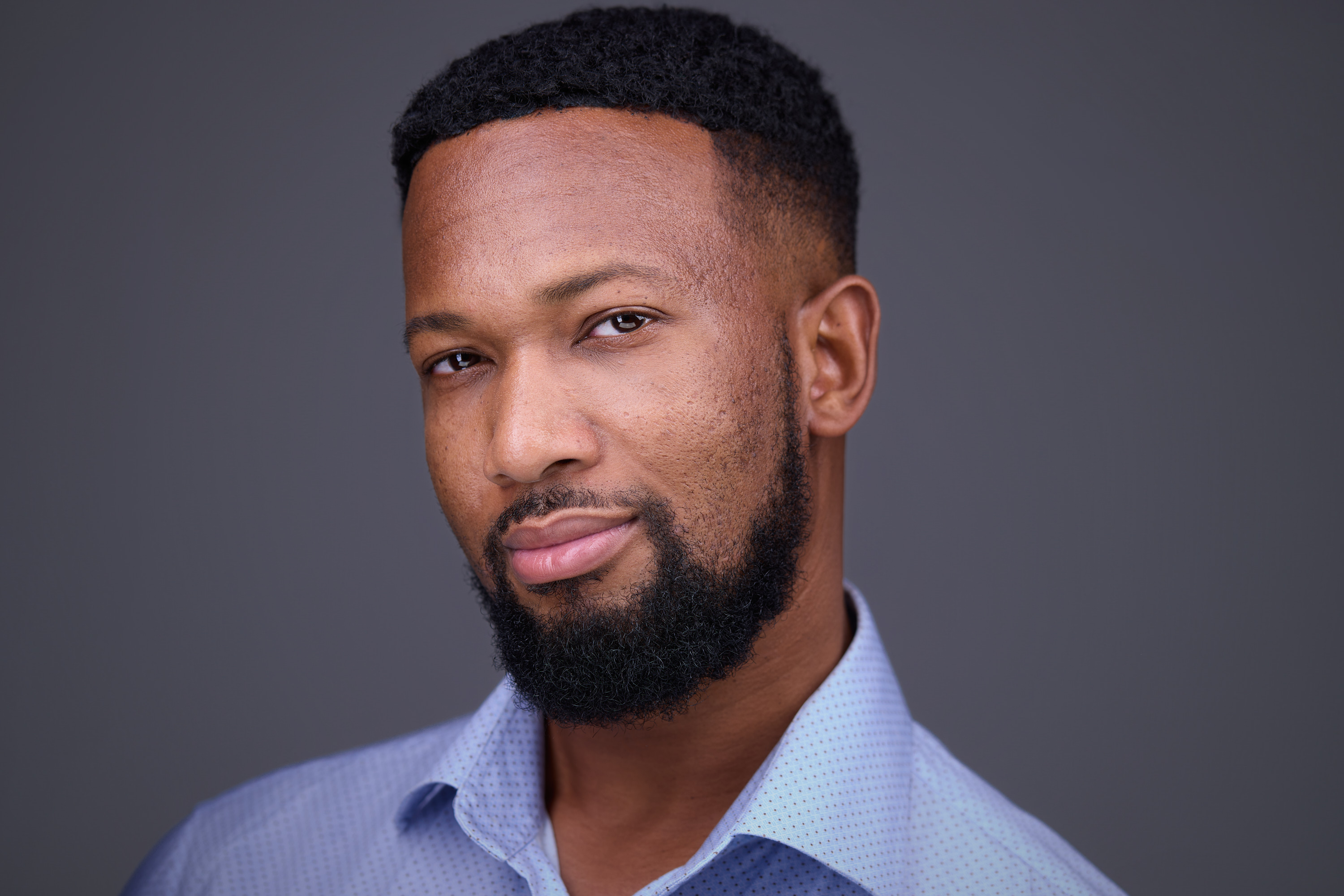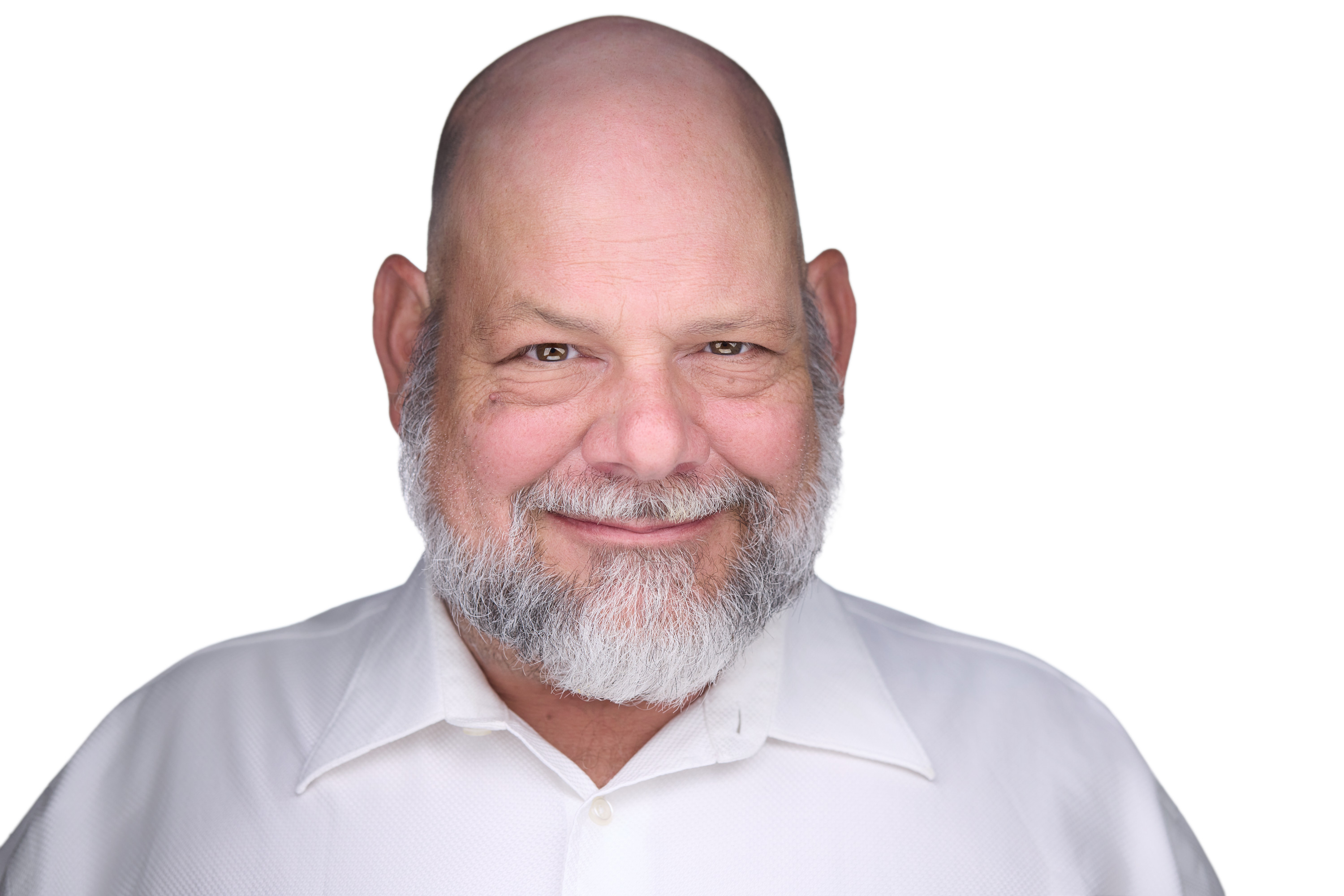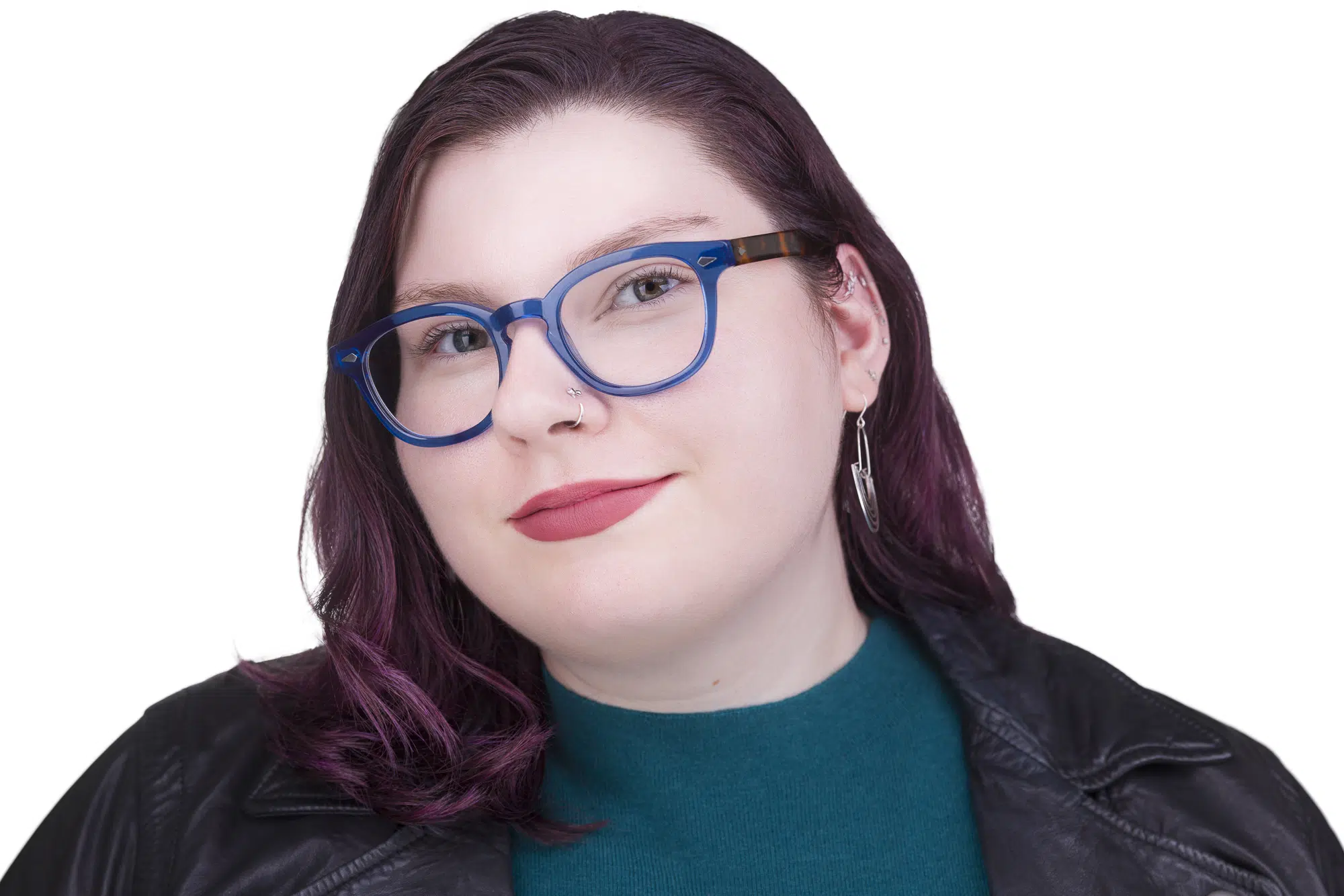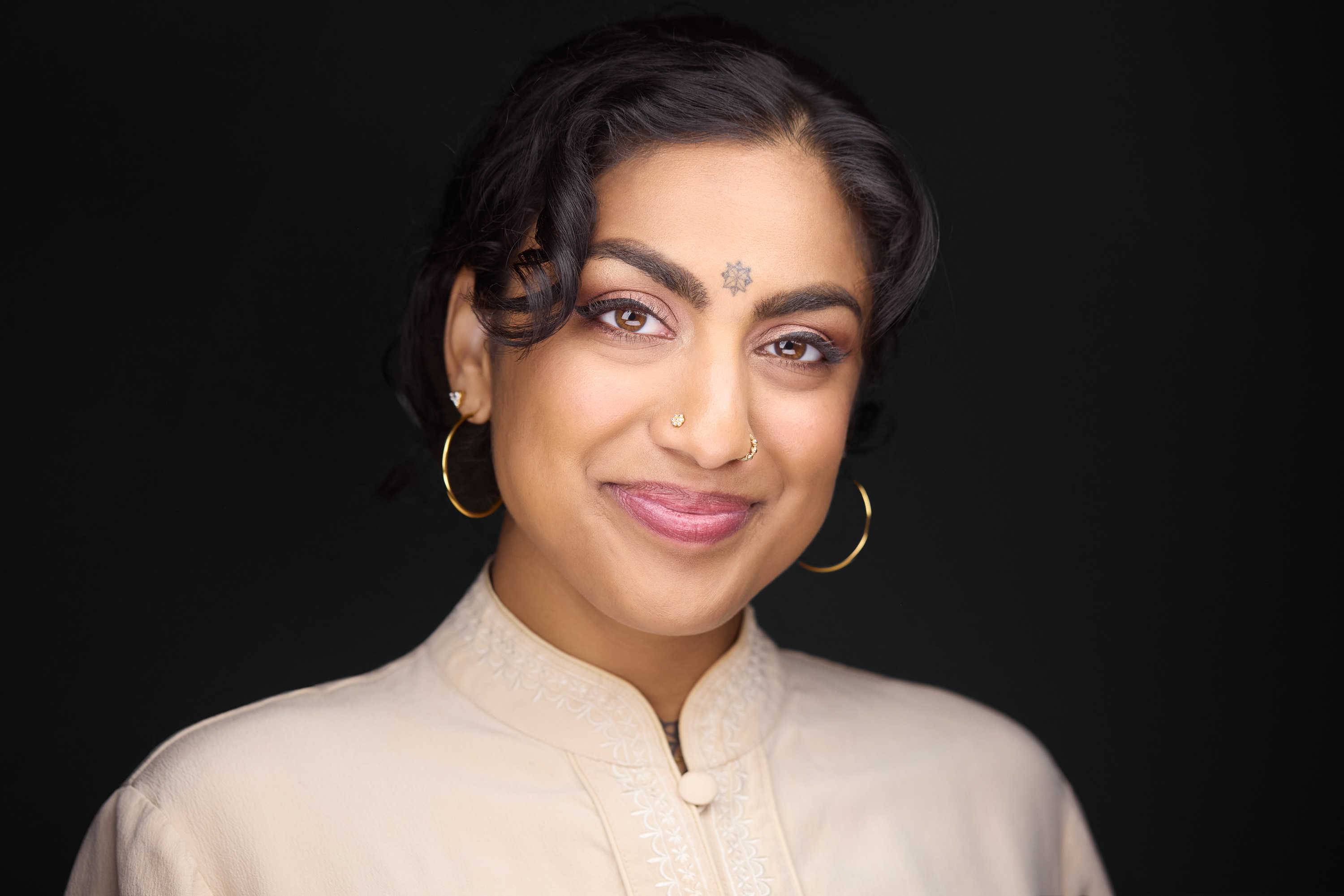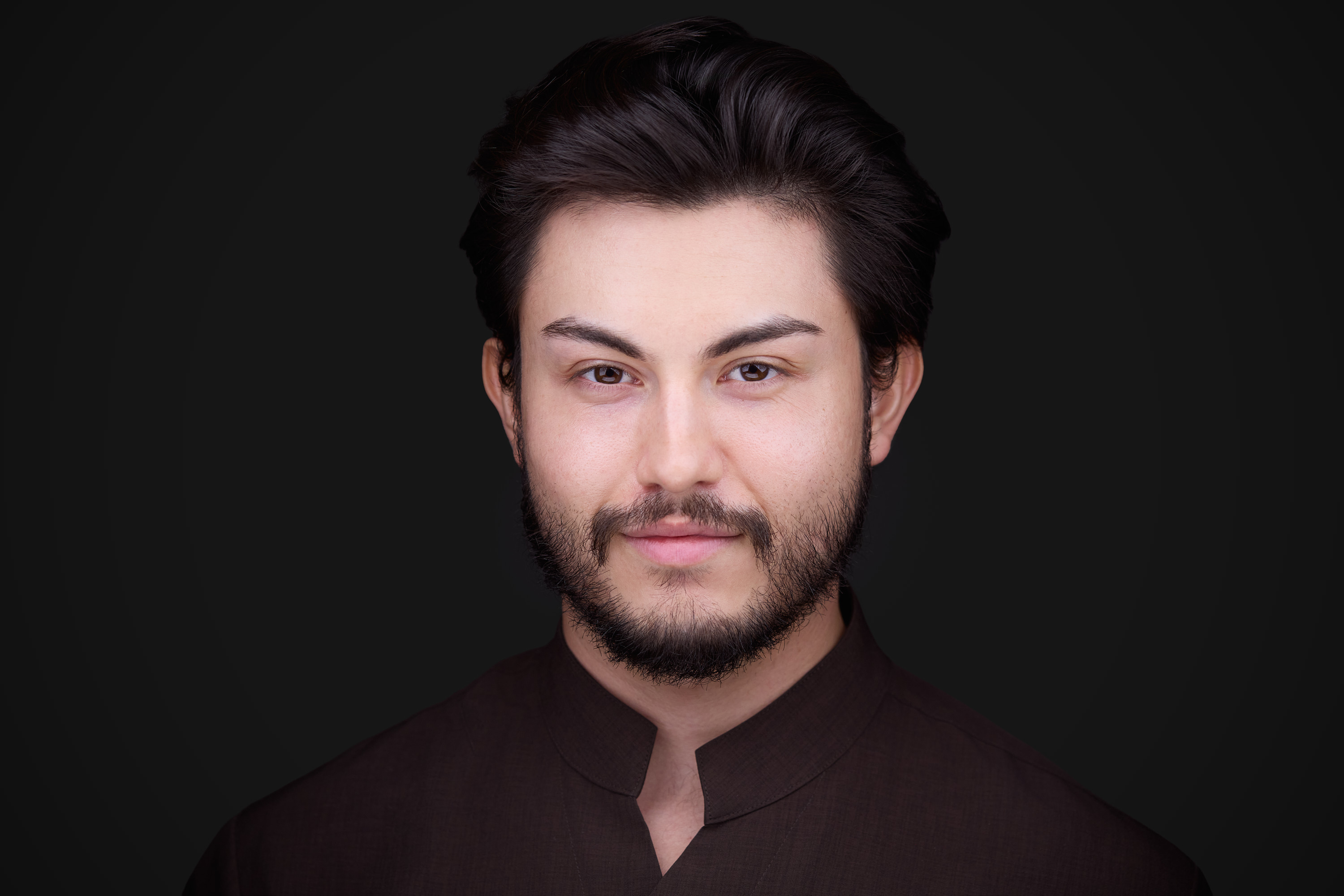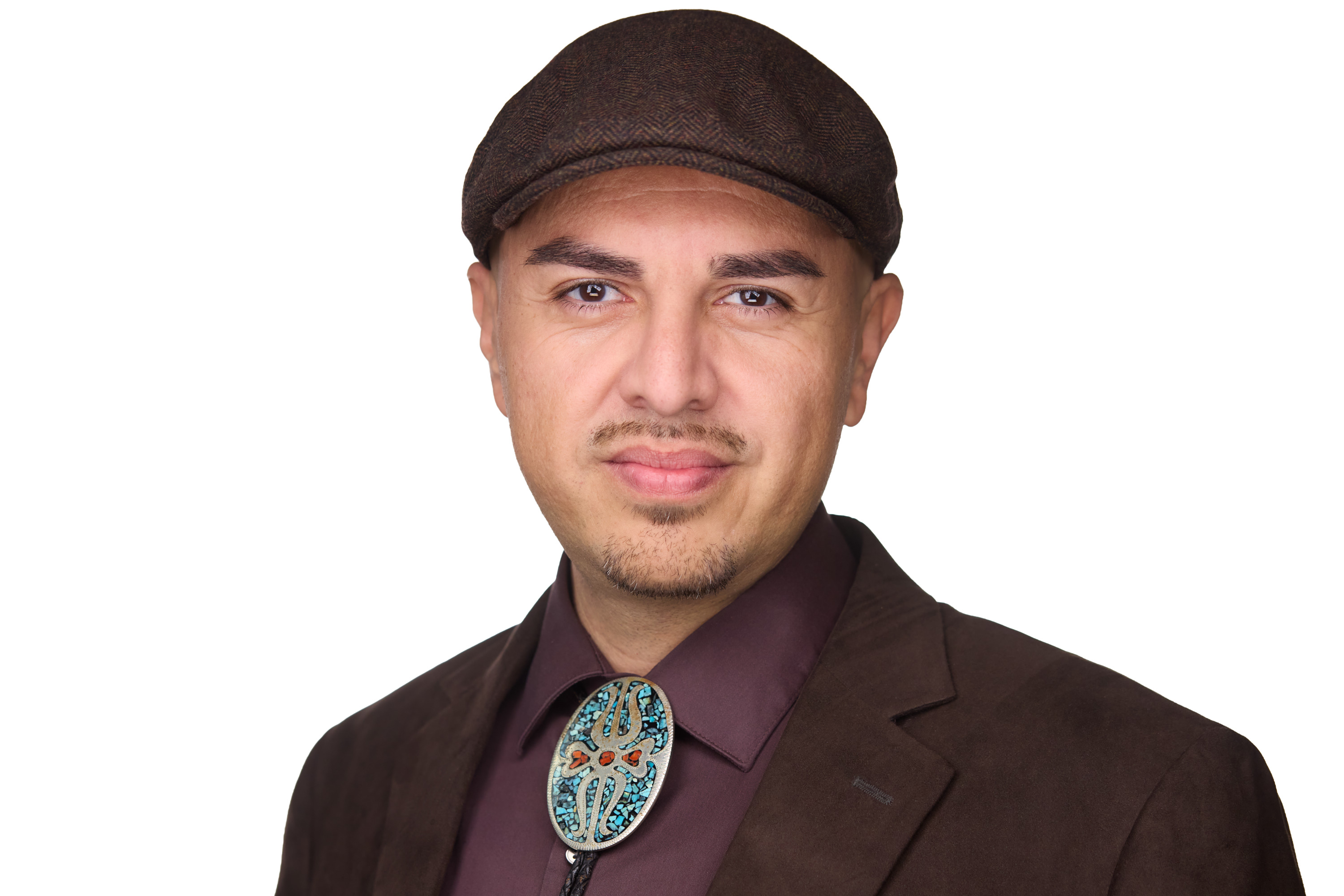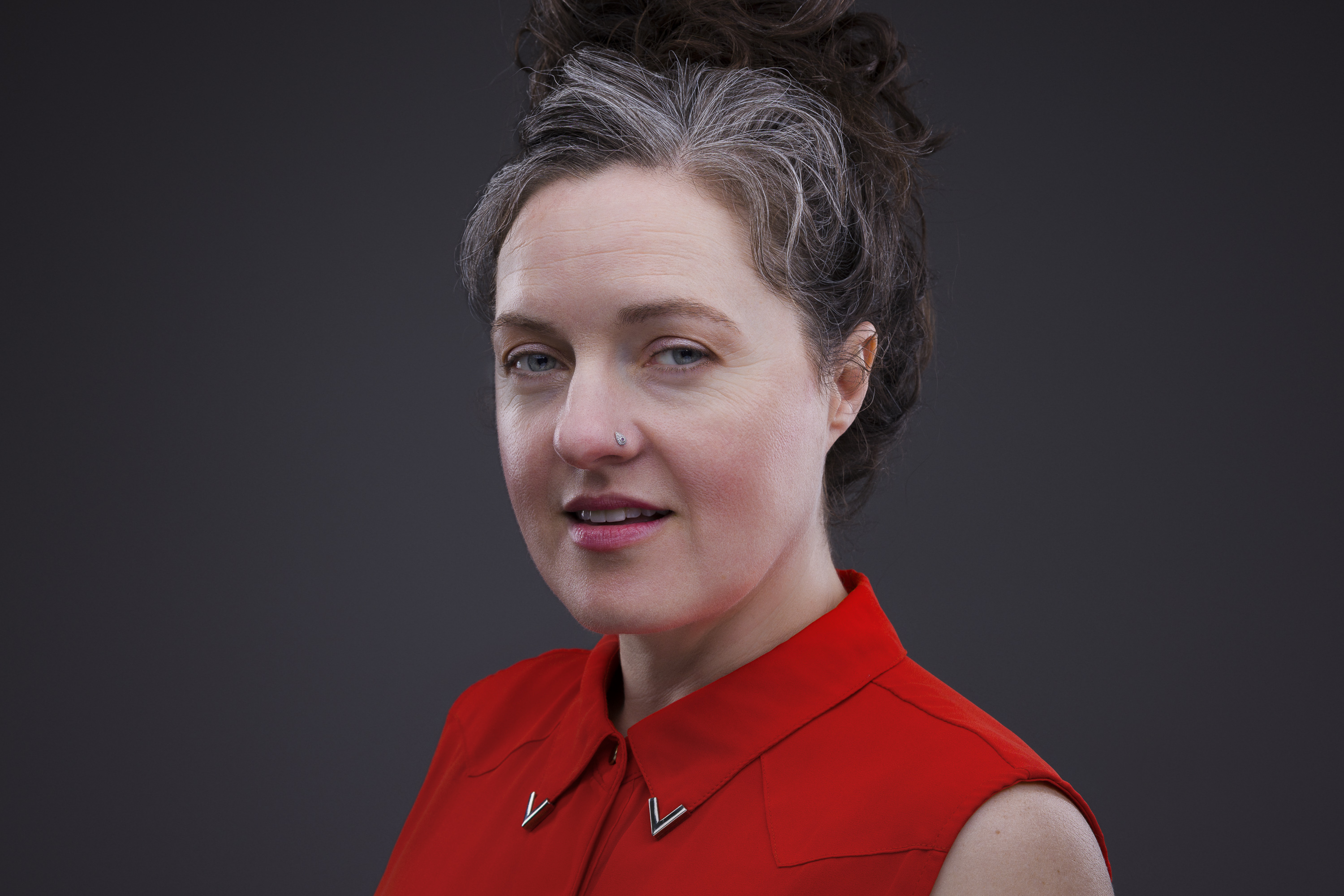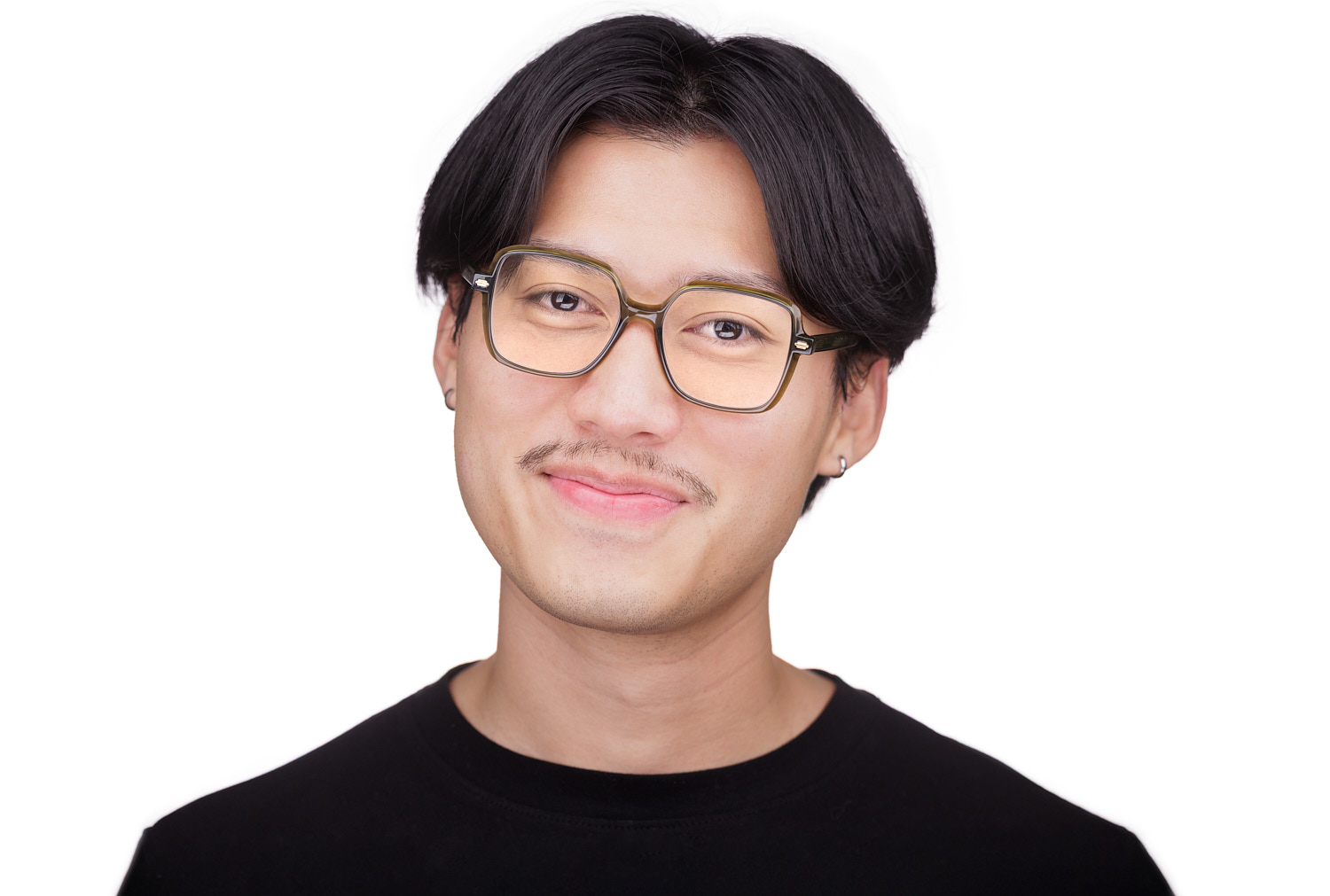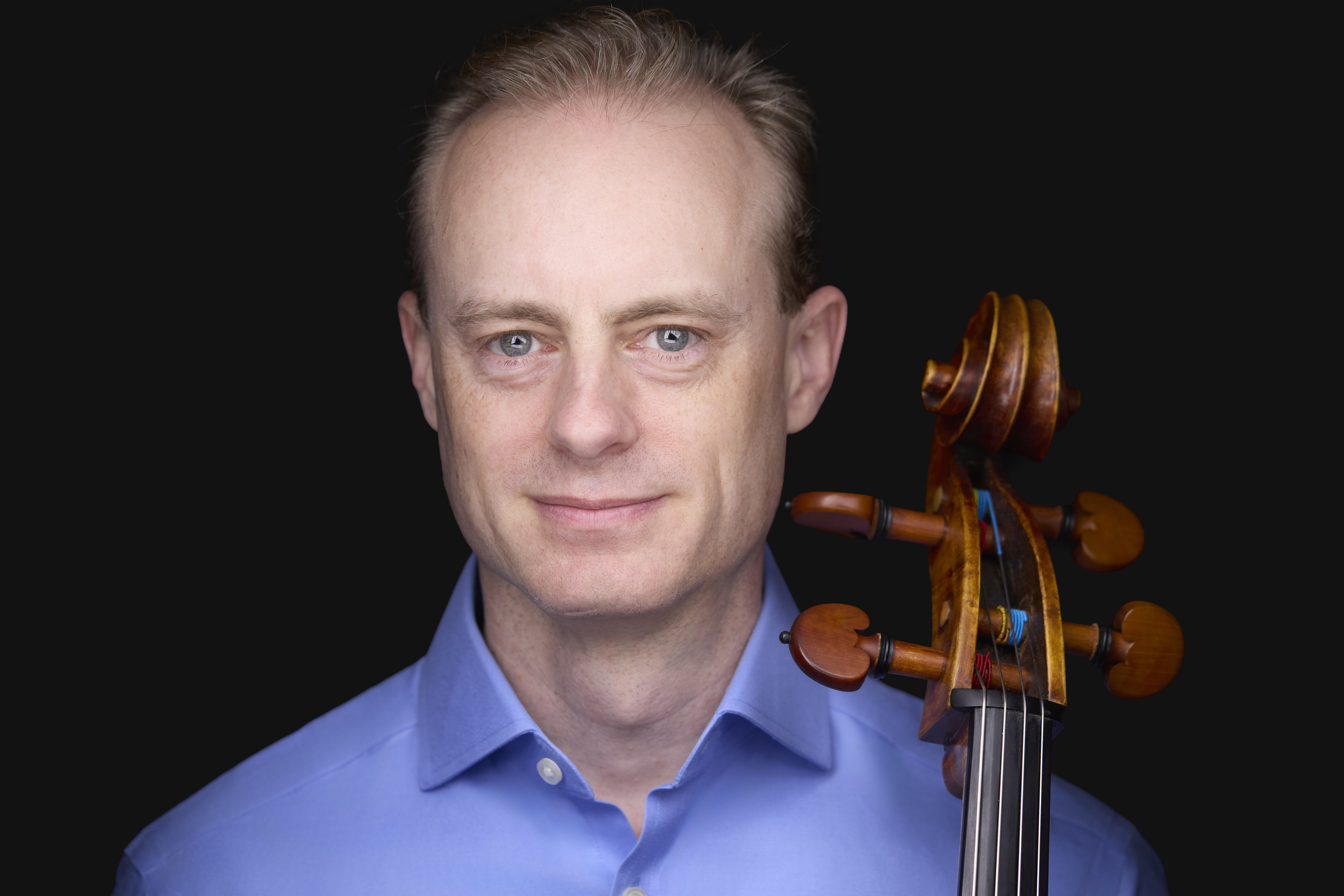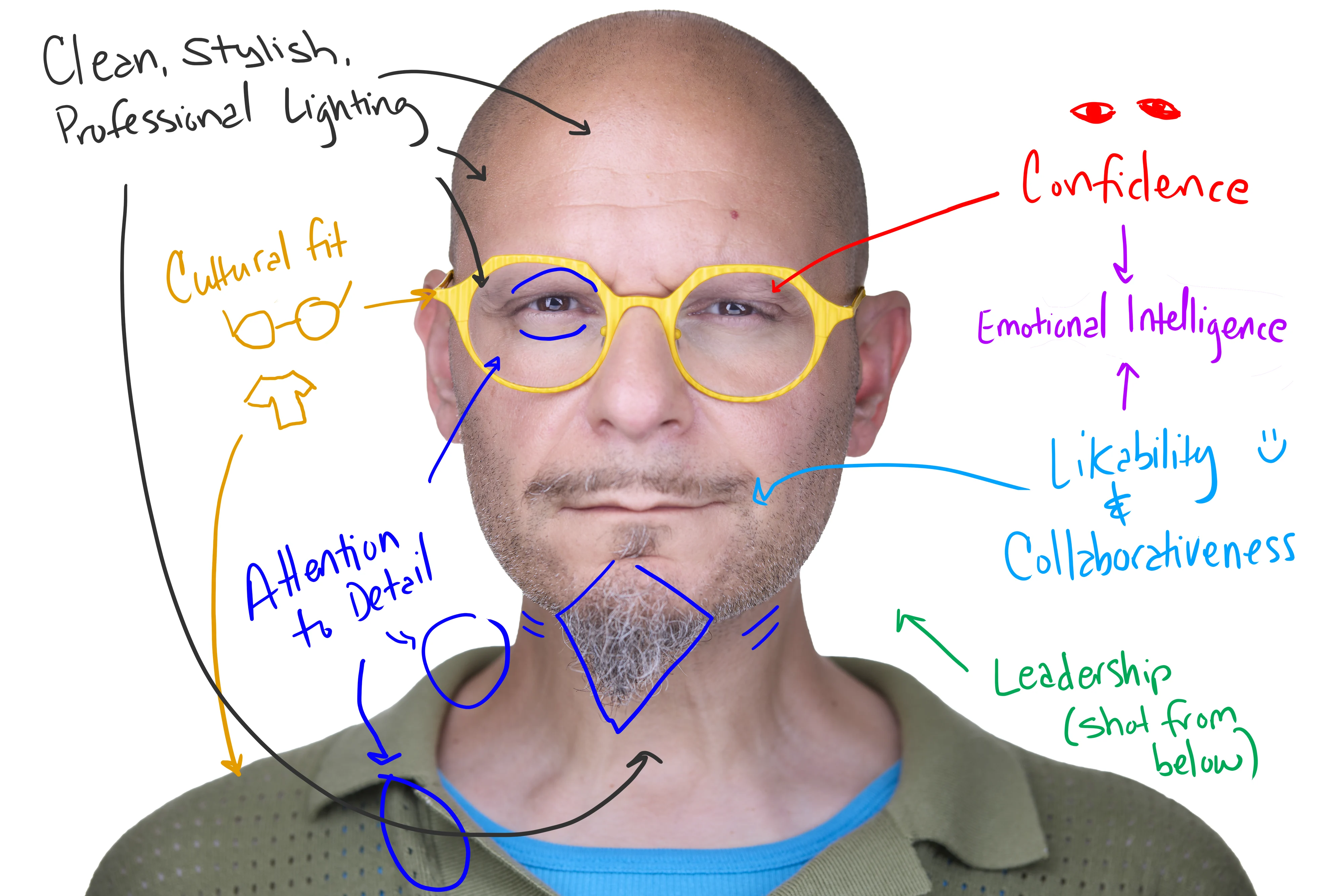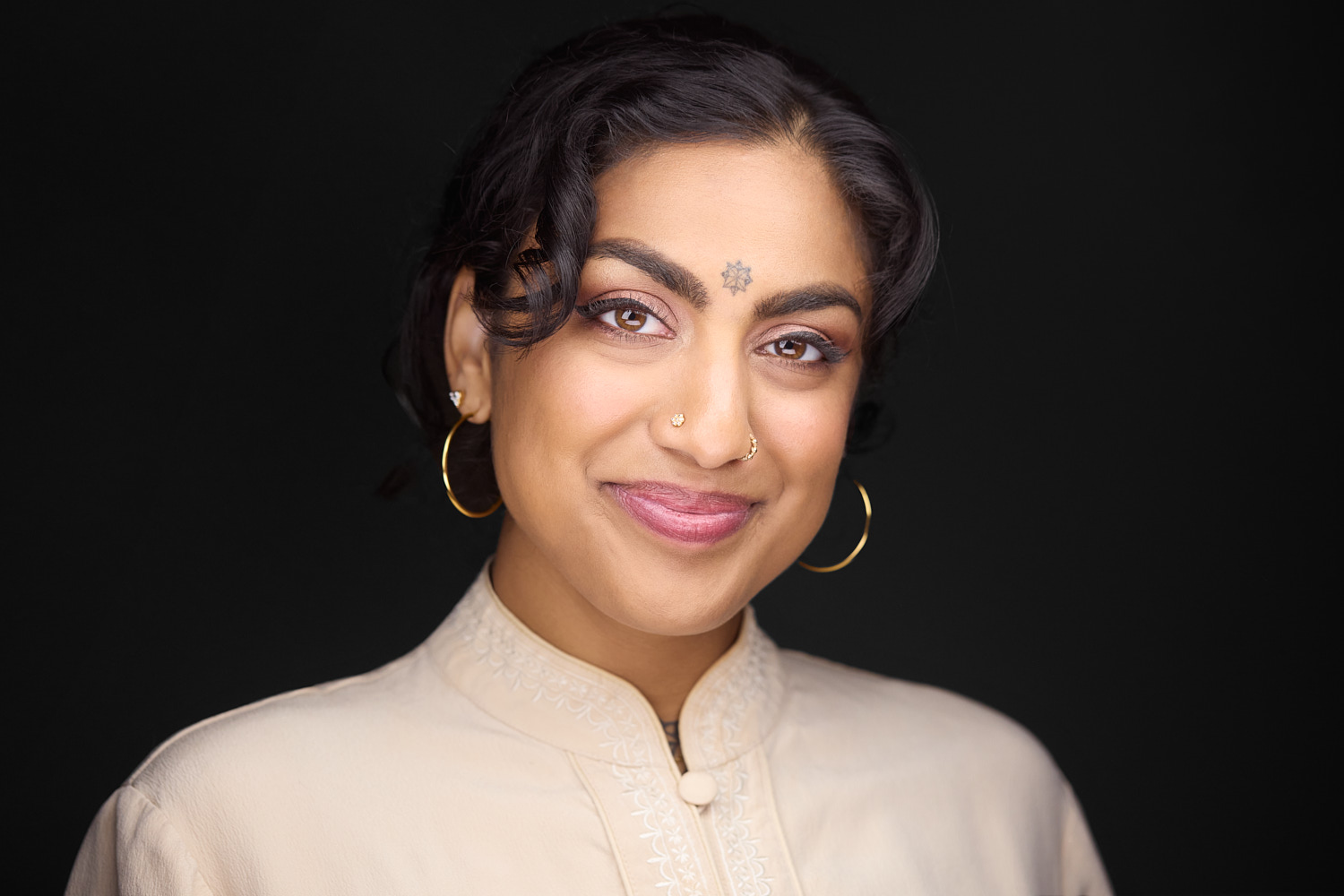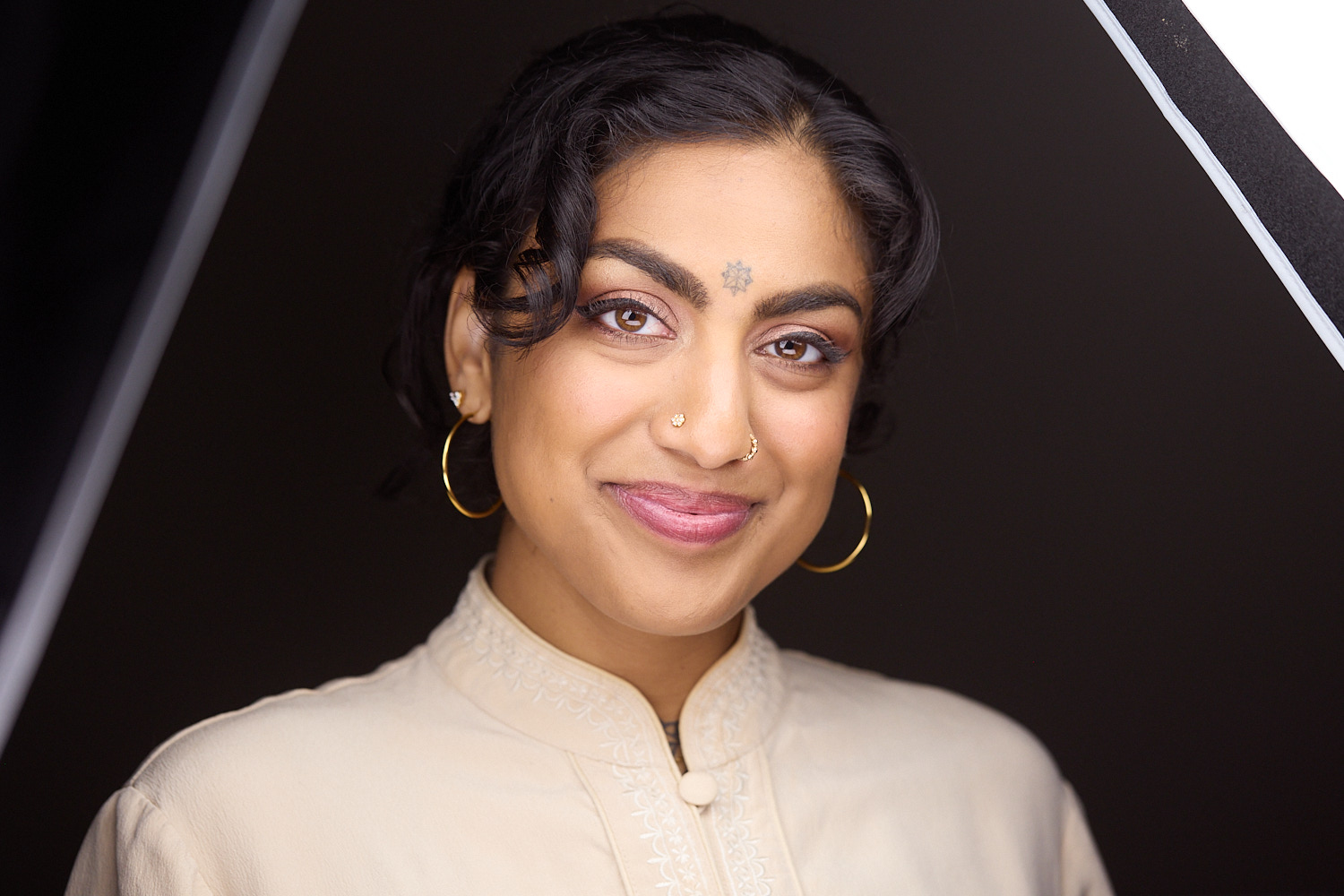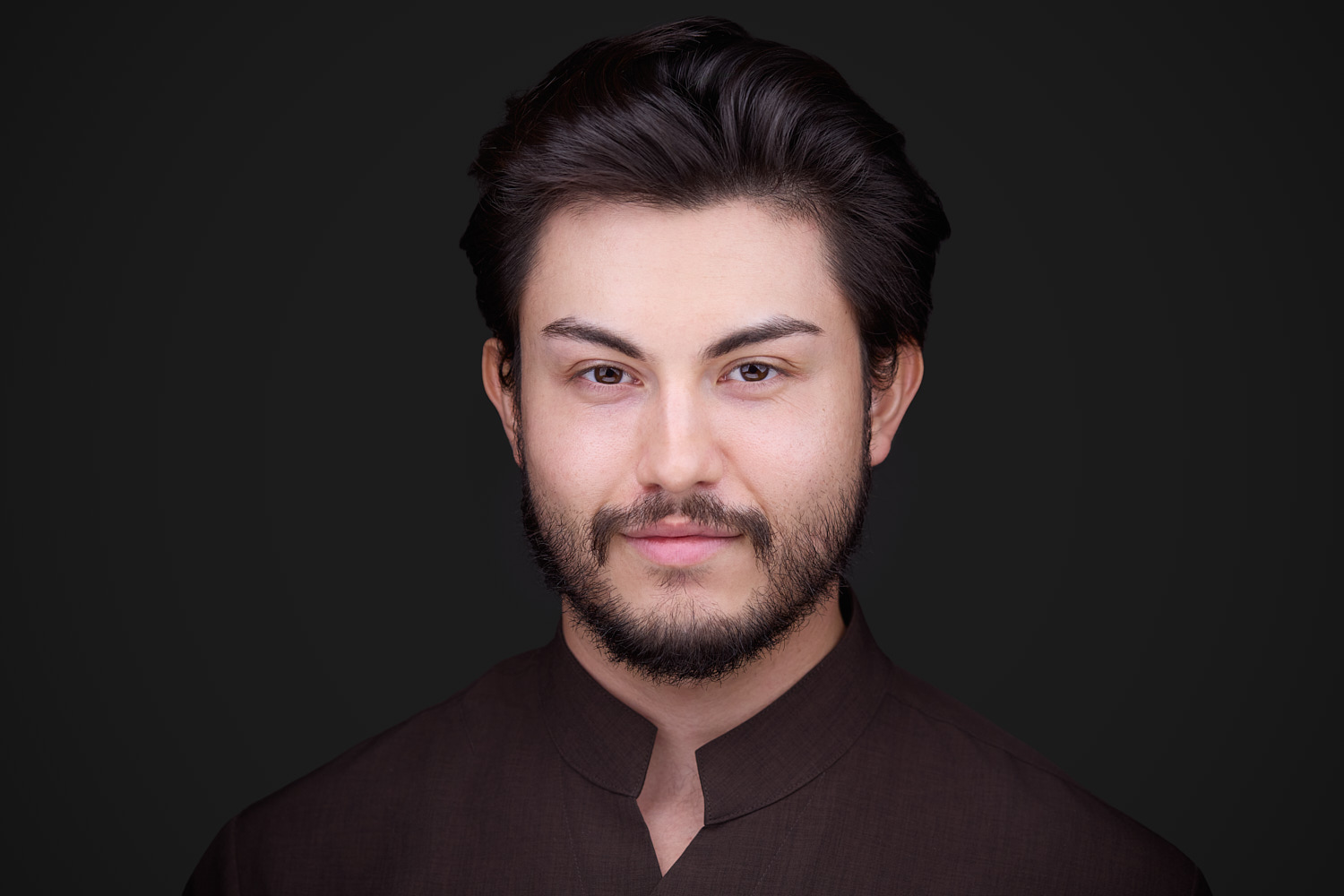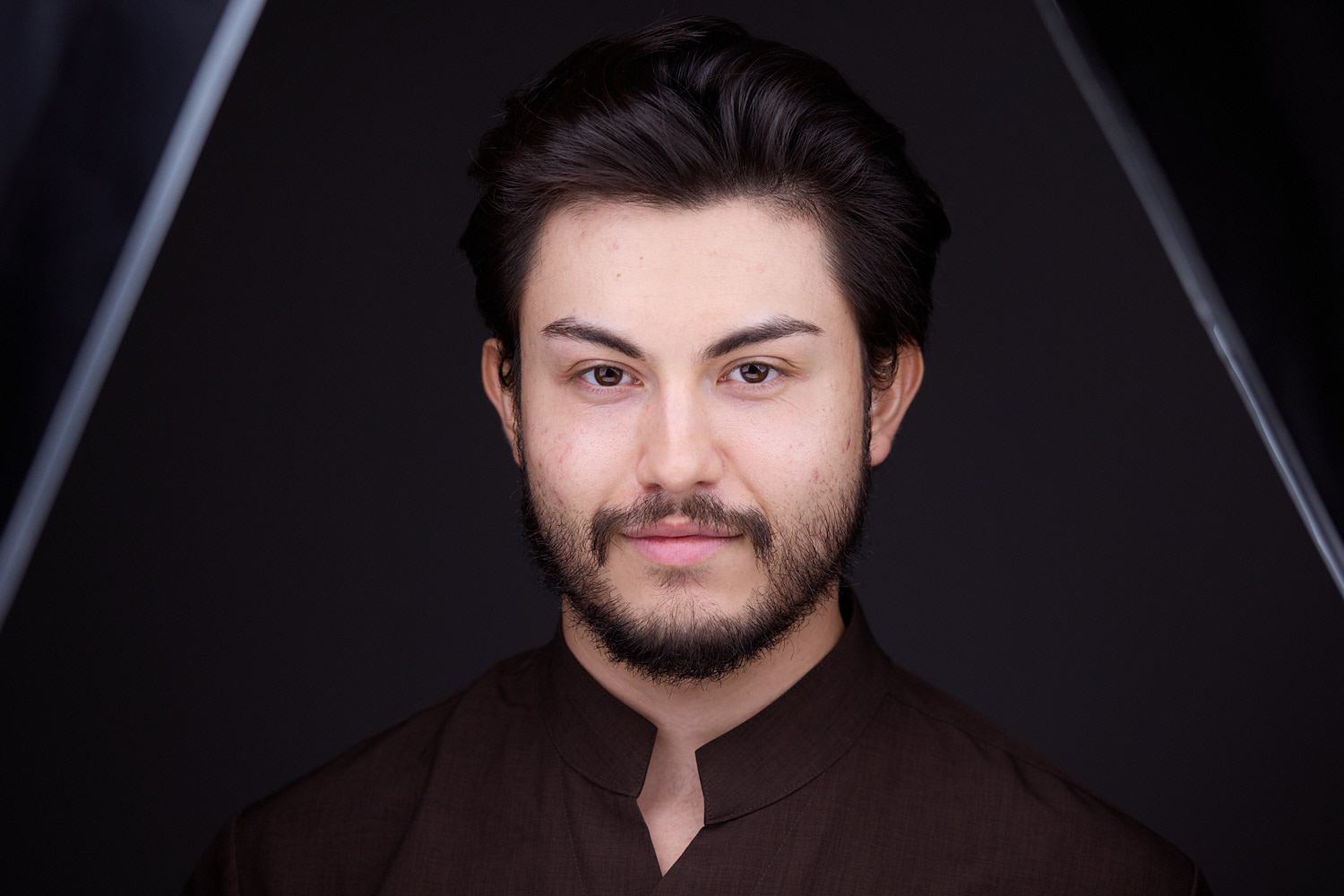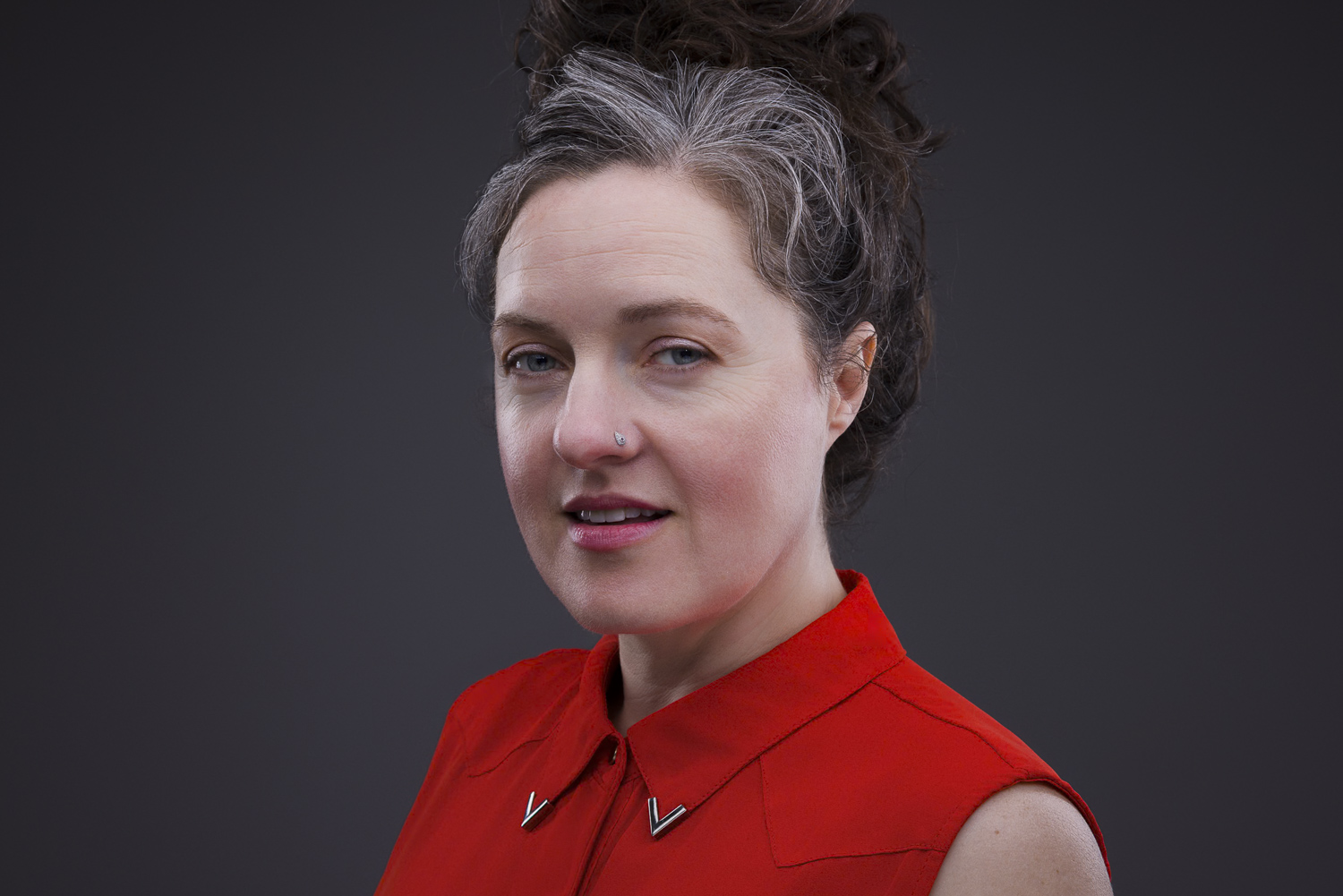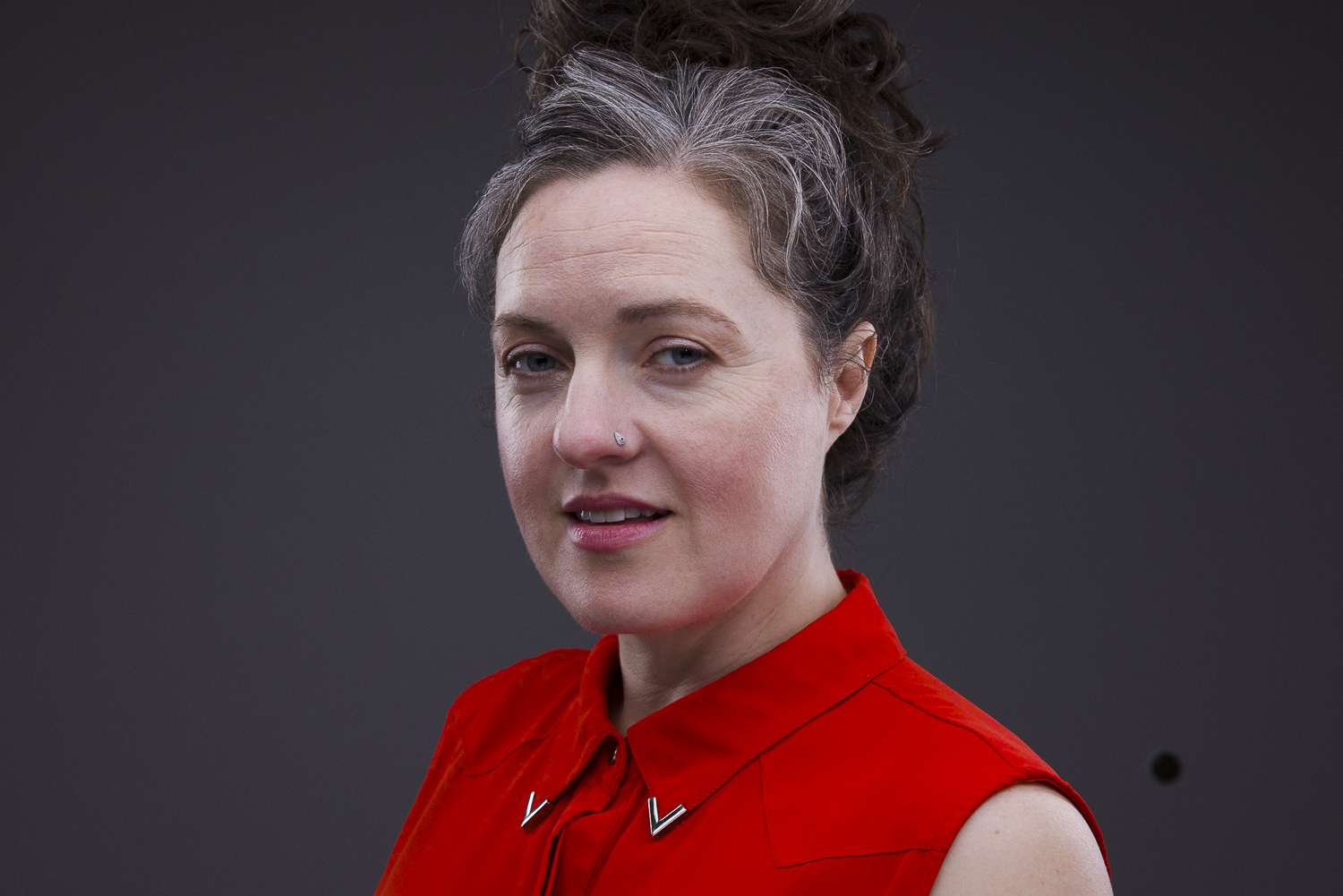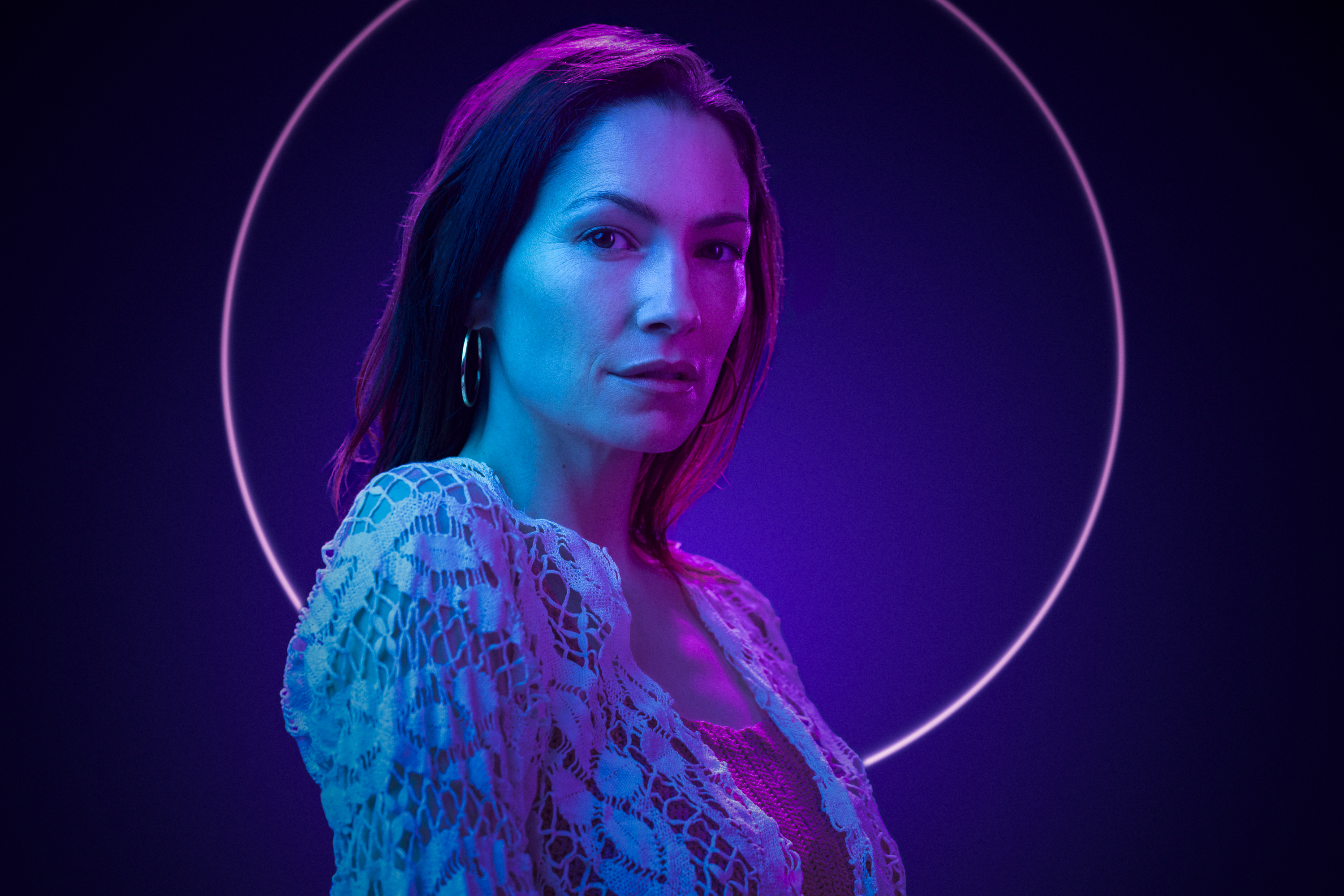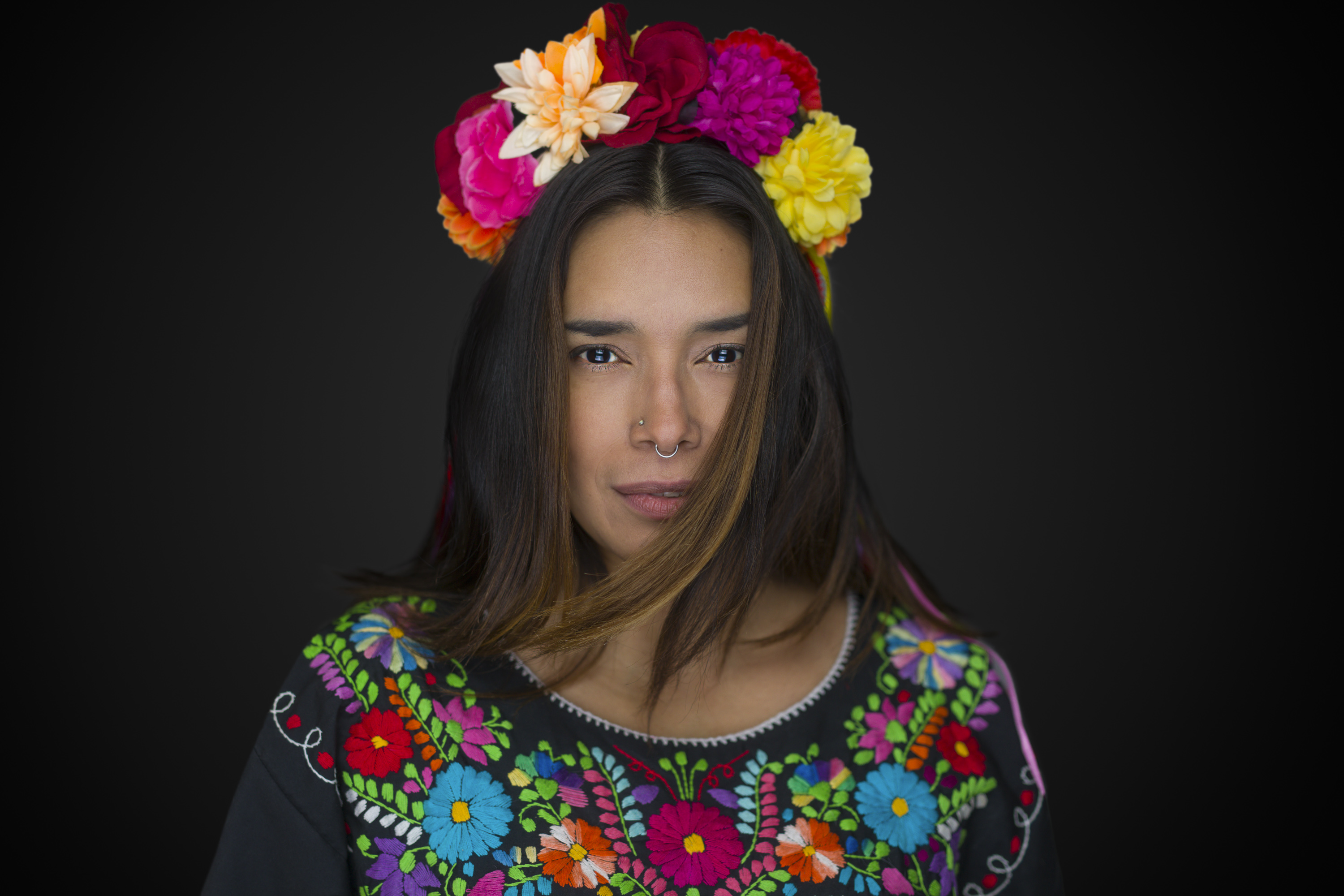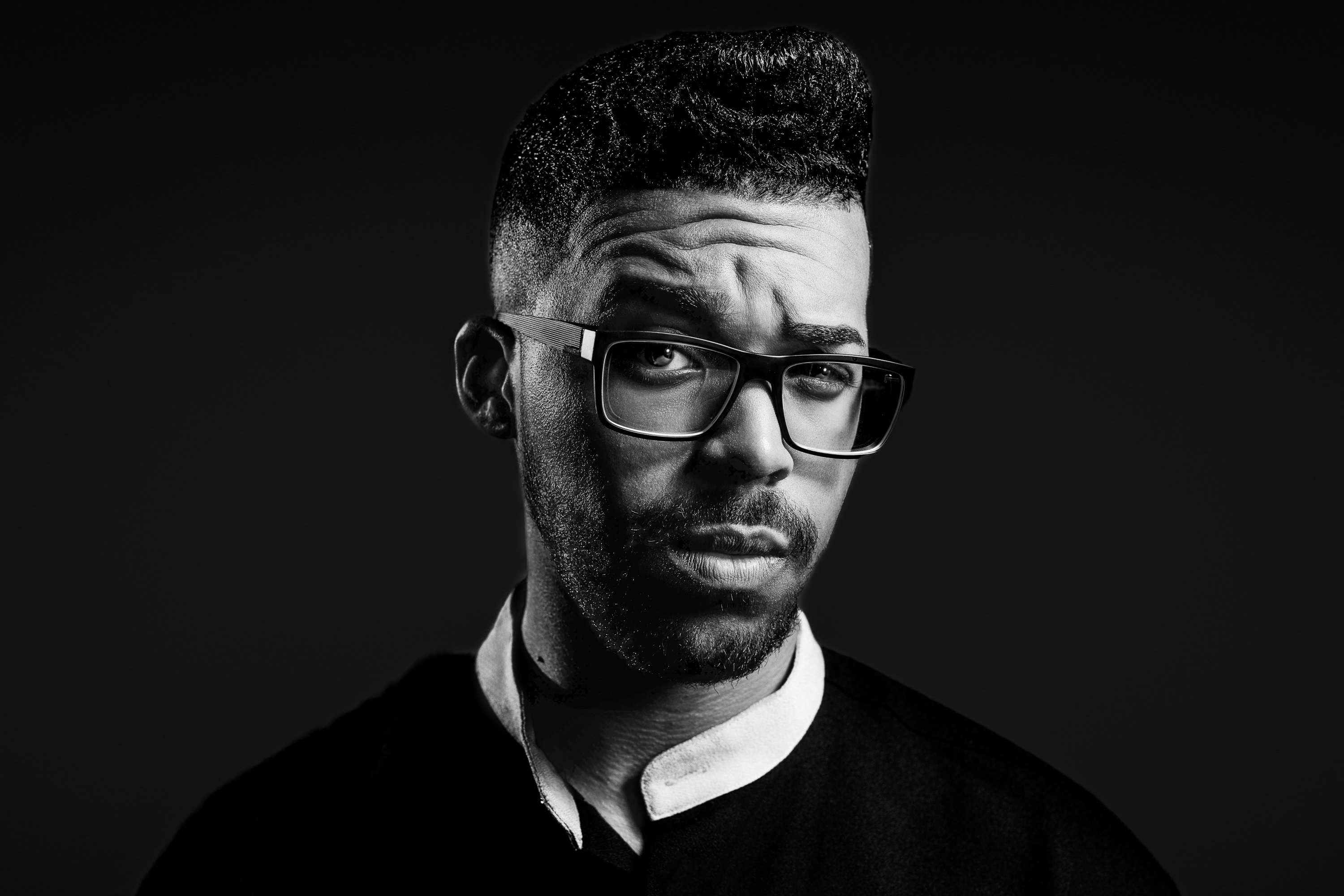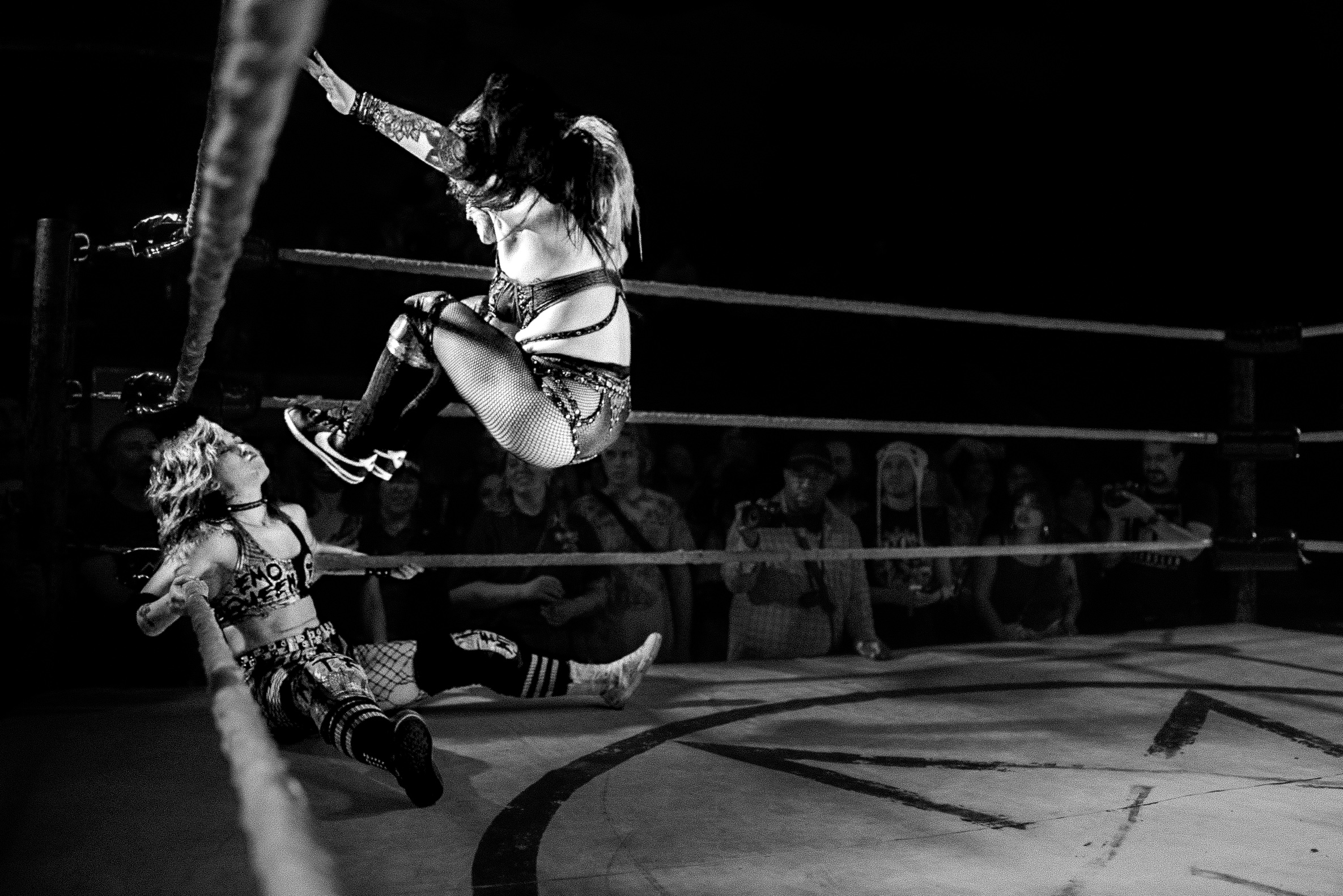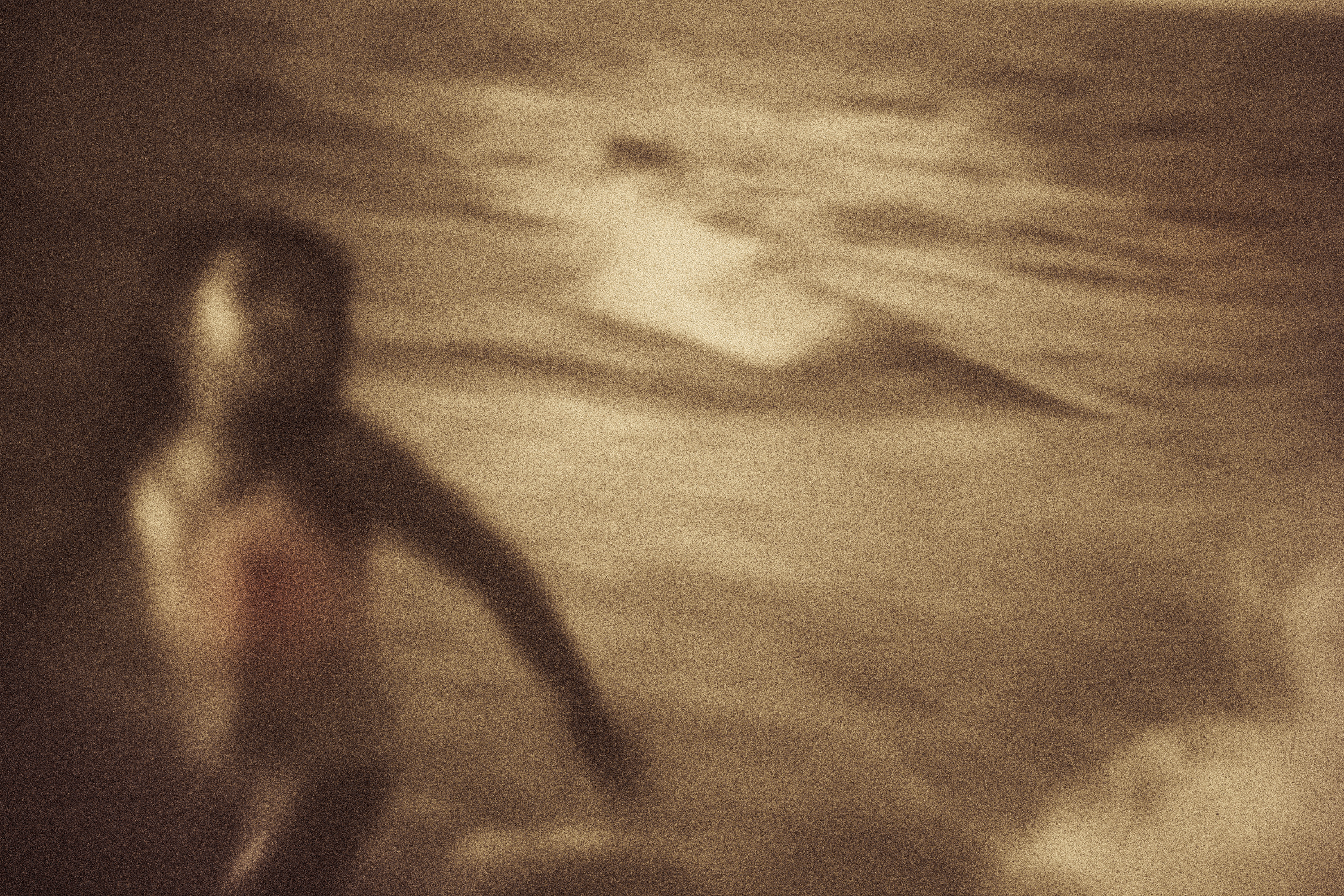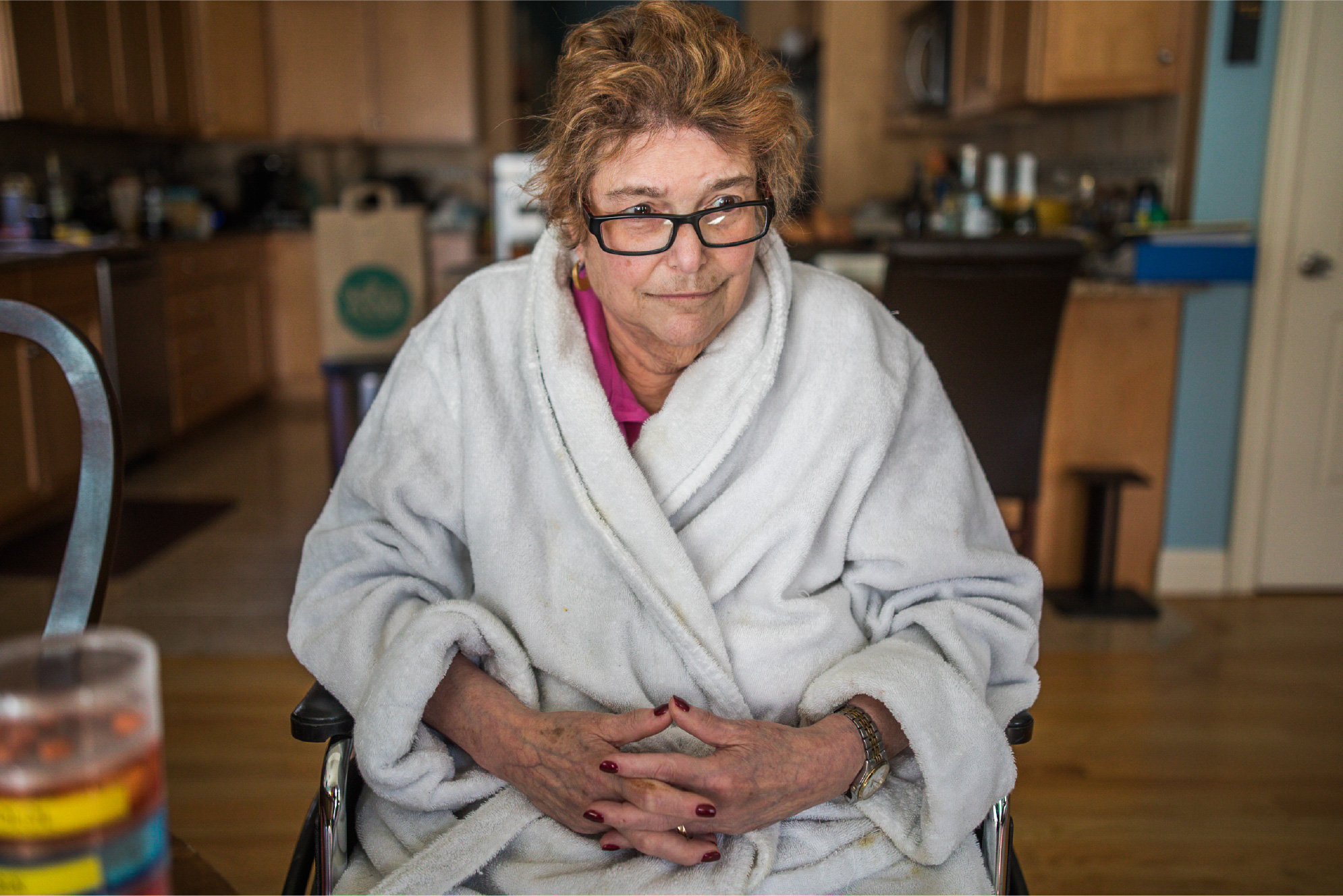A recruiter, a lead, a casting director; a date. They're going to decide if you're worth their time before you open your mouth. And that sucks.
I can't hire you, cast you, or swipe right. I truly wish I could.
What I can do is make sure they see you. Not the weird smile you break out when you're nervous. Not a cropped selfie you took in the lobby on your first day. Your ambition deserves better.
You don't have to practice your smile, know your angles, or come in with a plan. That's my job. And I got you. I've done this a lot, and everything you're nervous about is a problem I've already solved. You show up. You laugh at my jokes. A week later the most important strangers in your world finally get to see the real you. (And your friends can't stop buzzing about it.)
While you do the stuff only you can, I finish your photos. You get them pre-cropped for all the socials, plus high-quality black-and-whites (great for printed programs). You don't wonder how it'll look. You just upload and get on with it.
What you say when you're in front of them… that's up to you.
But the part that lands you on their radar? I got you.
